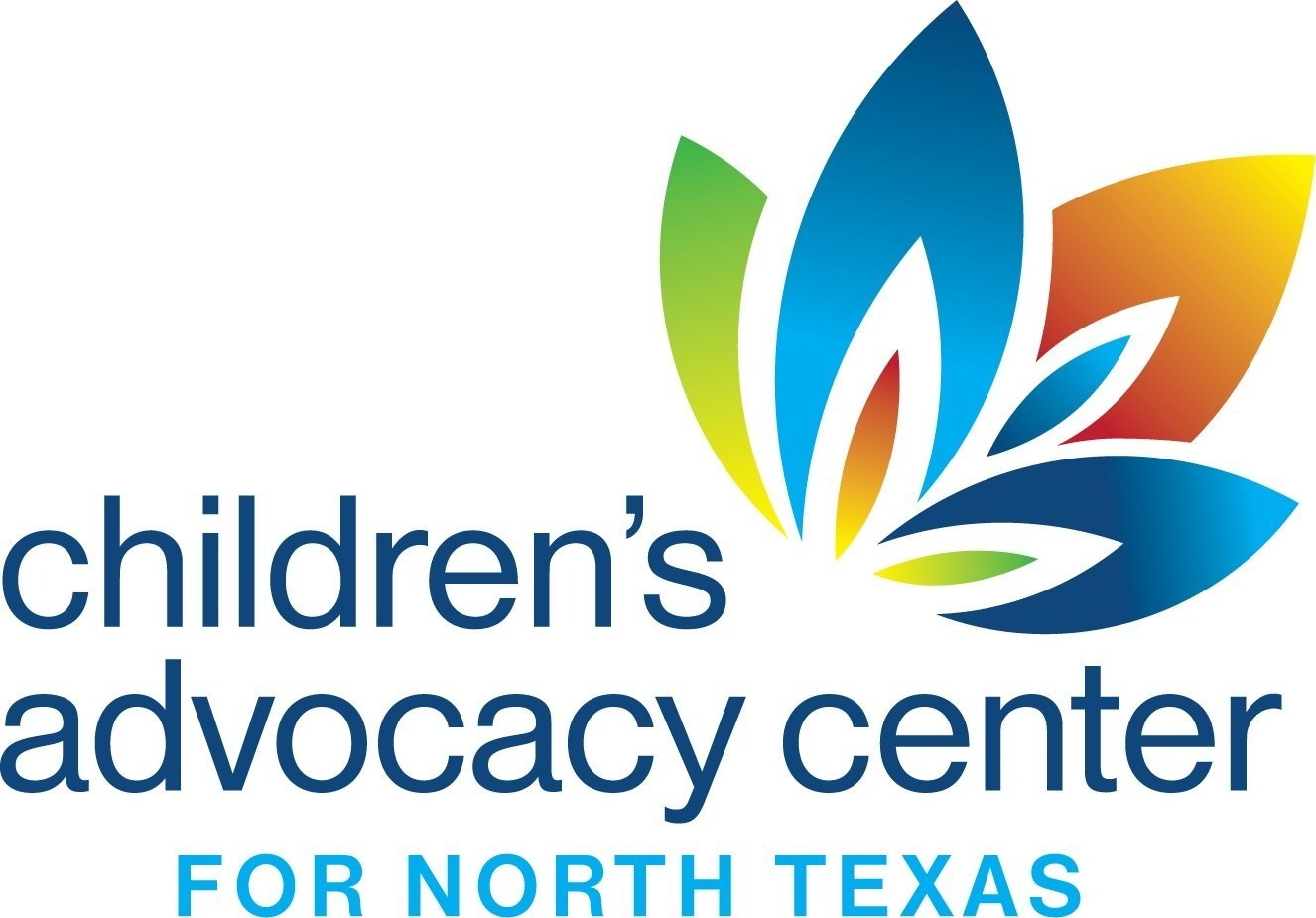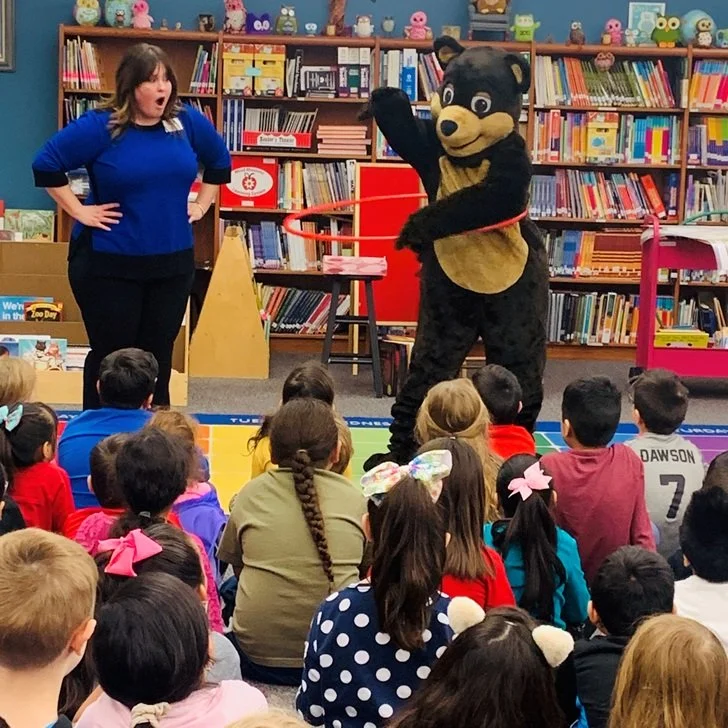
Education
Keeping our communities, our partners and leadership informed.
What We Offer
Education for Adults
For every adult trained, 10 children are safer. We offer training to our community to keep parents, grandparents, and anyone who cares about kids informed about child abuse and what to do about it. Recognizing and Reporting and Internet Safety for Parents are ideal for parents and caregivers.
Education for Kids
We partner with school districts to offer education to children about body safety and internet safety based on grade level. P.S. Happy Bear is a play for Pre-K-2nd grade. Kid Safety is a presentation designed for 3rd-5th grade. Personal Safety is offered to middle school. Sexual Assault: What You Need to Know is a comprehensive presentation for high school. Content tailored to each age group.
Education for Professionals
Professional Reporters in Texas need to stay up-to-date on the latest information on recognizing symptoms of abuse, and reporting child abuse correctly. Whether you are a school district, child care facility, medical office, or law enforcement organization, your staff will benefit from Recognizing and Reporting. We offer CEU credit for this course.
Student Programs Offered
P.S. Happy Bear
P.S. Happy Bear is a program for students in Pre-K through 2nd grade offered in English and Spanish.
Happy Bear is the main character in this 10-minute entertaining and interactive play. Students guide Happy Bear all through his day teaching him about welcome touches and unwelcome touches and how they differ. Students are given practice examples of welcome vs. unwelcome touches, such as a hug from Happy Bear's mom (welcome touch), little sister tickling his nose (unwelcome touch), a high five with a best friend (welcome touch), and a push from a bully (unwelcome touch). Students are taught basic resistance skills such as how to say "no" and to "move away" from unwelcome touches.
Kid Safety
Kid Safety is a program for 3rd through 5th grade offered in English and Spanish.
Kid Safety is a 30-minute child abuse prevention program that focuses on safety topics regarding personal boundaries, bullying, social media, gaming, and how to report abuse.
This program is interactive, and students are encouraged to ask questions regarding the content throughout the presentation.
Personal Safety
Personal Safety is a program for 6th through 8th grade offered in English and Spanish.
Personal Safety is a 45-minute child abuse prevention program that focuses on safety topics regarding potential online dangers, social media, online gaming, grooming, sextortion, human trafficking, and how to report abuse.
This program is interactive, and students are encouraged to ask questions regarding the content throughout the presentation.
Content is presented to students based on an age-appropriate level.
Sexual Assault: What You Need to Know
Sexual Assault: What You Need to Know is a program for 9th through 12th grade offered in English and Spanish.
Sexual Assault: What You Need to Know is a 50 minute child abuse prevention program that focuses on safety topics regarding consent, grooming, healthy vs. unhealthy relationships, sexual harassment, sex trafficking, legal definitions from the Texas Penal Code, repercussions for sexual assault, and how to report.
This program is interactive, and students are encouraged to ask questions regarding the content throughout the presentation.
Empowering Our Clients and their families.
The work begins and ends with the client’s family or chosen support system. It’s our hope that we are able to concisely educate our clients and families through provisional services, implementation of therapeutic methods, and shared preventative measures to ensure a clear path to healing.
Creating Advocates in our Community.
We are proud to offer learning sessions for community members interested in becoming better, more informed advocates. Through our learning sessions, we’re able to share expert tips, training and more resources that effectively empowers our advocates.
We Share Our Knowledge
If you’re looking for more information about how to get involved with our education efforts, don’t hesitate to reach out to us today.
FAQs
What training do you offer?
We offer workshops for both adults and children. For professional reporters and community members, we offer Recognizing and Reporting Child Abuse, CAC 101, Internet Safety for Parents, and Darkness to Light.
For children, we offer three programs based on grade level.
Is training just in schools?
Training is offered both virtually and in person at this time, and can be offered to schools, childcare facilities, churches, civic groups, corporations, PTA groups, etc.
How much does it cost?
Most programs have no cost to you. The only training that has a fee associated with it is Darkness to Light for learning materials ($10).
How do I book a virtual or in-person educational session?
Contact us using the “Request a Session” button above to make a request.
Do you have any educational programs online?
There is an option for school teachers and childcare personnel to complete online “Recognizing & Reporting Child Abuse” through LearnUpon (offered through Dallas Children’s Advocacy Center). To request this, use the “Request a Session” button above.
I need Continuing Education Unit Credit Hours. Do any of your trainings offer CEUs or provide a certificate?
Yes. Recognizing and Reporting Child Abuse and Darkness to Light both provide CEUs. A certificate is provided to participants upon completion.
How well do children respond to in-school education?
Children at every grade level can follow along with interactive presentations. We offer age-appropriate in-school education:
Grades PK-2nd participate through interactive play during the “Happy Bear” presentation.
Grades 3rd-5th enjoy asking questions freely and also responding to questions asked by presenters in our “Kid Safety” presentation.
Grades 6th-12th can ask many questions—and often do, especially “what if” questions—at any point during our “Internet Safety” presentation.






